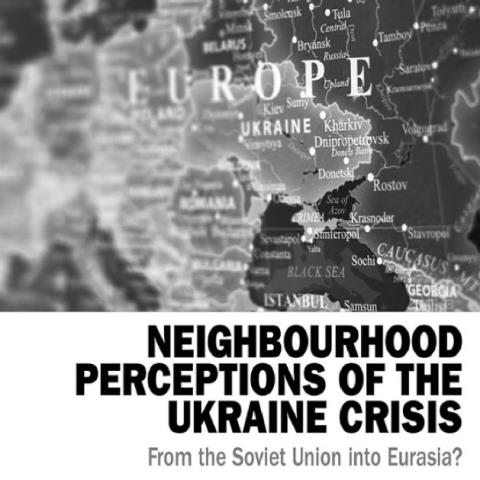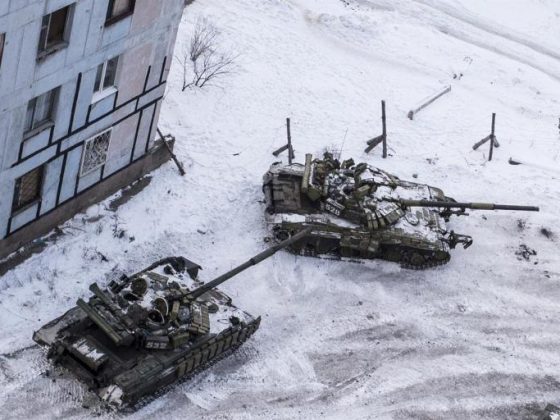(Book chapter) (Co-author: A. Makarychev) Russia’s annexation of Crimea and the military insurgency in Ukraine’s eastern provinces triggered political and academic debates on various issues related to post-Soviet borderlands, above all those populated by Russian-speakers and culturally gravitating towards Russia. In this context the Estonian city of Narva became one of the hottest nodal points in heated international discussions over the prospects and possible modalities of a new Cold War between Russia and the West. In political parlance Narva became a metaphor with an explicit conflictual semantics, yet what exactly stands behind this metaphor, and through the prism of what academic concepts can it be unpacked?
To answer these questions, we problematize the case of Narva as part of the Russian – Estonian border issues that in this paper will be addressed from different research perspectives – cultural semiotics, critical border studies, and critical geopolitics. This blend allows unpacking diverse meanings associated with Narva as a borderland located at the intersection of different cultural, linguistic and civilizational flows and spaces. We venture to identify two types of discourses on Narva – that of normalization and exceptionalization, and relate them with the concept of securitization that comes in two versions, geopolitical and biopolitical.
Geopolitically, borders are constructed as dividing territories of military blocs balancing and competing with each other; while biopolitics aims to manage and take care of groups of population, as opposed to control over lands.
This paper combines a search for conceptual vocabulary of studying cases as complicated as Narva with a series of in-depth interviews with Russian speakers representing local cultural elites: producers, journalists and representatives of NGOs and, materials of participant observation collected in spring 2015-2016.
Read More © Routledge
This chapter is from the book edited by Gerhard Besier and Katarzyna Stoklosa, Neighbourhood Perceptions of the Ukraine Crisis: From the Soviet Union into Eurasia?











